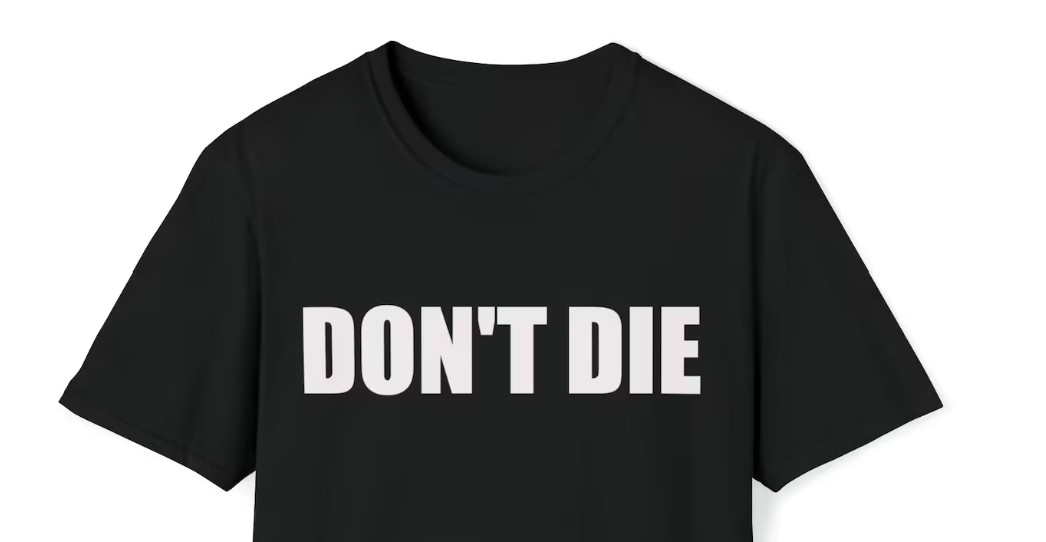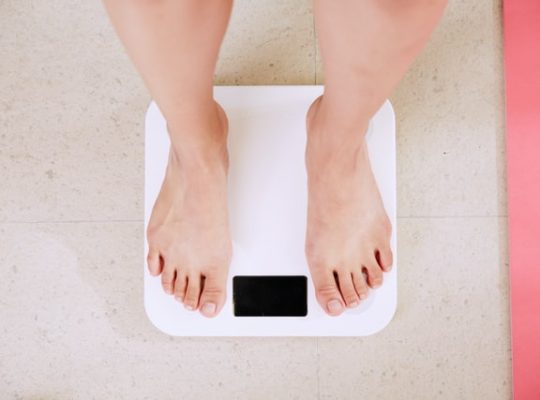What Does It Mean To Be Human?
This question was posed during a podcast I was listening to, Honestly with Bari Weiss, about the famous tech founder, multi-millionaire entrepreneur, and biohacker Bryan Johnson. A similar question was also posed in his new Netflix documentary which I also recently watched called “Don’t Die, The Man Who Wants to Live Forever”. Bryan has spent years and millions of dollars using his life and body to study the science of longevity and working to slow his speed of aging.
At 47 years old, Bryan claims to have the organs of a much younger man including a heart that is 37 years old and a diaphragm that is 18. His goal is to get his body to be 18 across all his organs. He is doing this by living a very nontraditional and regimented life which includes getting exactly 8 hours of sleep at nearly the exact same time each day, taking about 50 supplements per day based on daily studies on various markers in his body, exercising one hour daily, and eating an extremely restricted plant-based diet with no sugar and no junk food and with all meals eaten between 6am and 11am, not to mention engaging in numerous body experiments.
Whether you’re a fan of Bryan or think he’s completely out of his mind, there are three ideas that came up from his interview and documentary that I’d like to explore. I think we can find something useful from each of these ideas to make our lives better right now.
Idea #1: Sleep is the best thing for your life
In his interview with Bari, Bryan states that the best thing you can do in your life is sleep. He literally designs his life around sleep and thinks you should as well. He suggests (based on his research) six things to do for sleep:
- Remap your identity that you are a professional sleeper. Take it as seriously as you do your profession.
- Eat earlier and lighter. Make your final meal of the day at least 2 hours before sleep, if not more (he does 9!).
- Pay attention to light in your environment – eliminate blues in preference to reds and amber lights.
- Be consistent. Go to bed within 5-30 minutes of your bedtime, not longer.
- Have a wind down routine to help your body settle down at the end of the day.
- Be aware of stimulants such as coffee with its half-life of about 6 hours.
He believes that if you practice these habits, you will have the best sleep of your life and it will change everything else about your life.
While some of Bryan’s ideas and practices are quite unconventional, I happen to agree with most of his advice when it comes to sleep. I can tell you from a personal standpoint, I went through a recent period of several weeks to perhaps a month or more of getting very poor quality and amount of sleep and it had a tremendous negative impact on my life in so many ways, from my ability to make healthy choices to my alertness and mood to name a few. On the other hand, after making several changes, some of which are outlined above, I have now consistently been sleeping for a good 7 hours a night for several weeks with much better quality and have experienced the positive results in so many ways. I think the benefits of sleep are pretty obvious to most of us, but putting these habits into practice is often harder in practice than in theory.
It also makes me think about my medical training and how the seeds of poor sleep were planted so deeply during those years. It’s incredible how the people we have chosen and trusted to preserve the health of humanity are the same ones who are forced to regularly stay up late, work past exhaustion and safety, and have interrupted sleep be normalized and accepted as a way of life when all evidence points to the UNhealthiness of these practices.
I’m not sure about the concept of building your entire life around sleep, but I for one am ready to drop the subtle background idea that has floated in my mind that I can sleep when I die. This idea that we can forgo sleep because there’s just so much to do and accomplish is actually diminishing the quality and length of our lives.
Idea #2: Prioritize long-term pleasure over short-term gain
After outlying Bryan Johnson’s typical eating habits, the podcast interviewer asked him if he was always hungry and Bryan responded that he was. He admitted to having a chronic low level hunger all the time. For most people, this would seem inconceivable, let alone undesirable, yet Bryan argues that this discomfort of being mildly hungry all the time prevents him from much greater discomfort in other ways. He describes how much more alert and mentally clear he feels, how much more energy he has, and how much better his mood is when he sticks to his diet regimen. He notes how even a single indulgence in food leads to a poorer quality of sleep which then impacts him negatively in all the ways noted above. He is able to focus on his long-term pleasure and prioritize it over his short-term pleasure.
So often we do the exact opposite. We give in to our immediate desires to avoid discomfort now even though we know that this will only lead to more discomfort down the line. We are so present-focused when becoming future-focused would solve so many of our problems. I’m not suggesting we live an ascetic life, but if we were willing to experience mild, low level discomfort in even one area of our life where we have not been able to make progress (perhaps in overeating or overdrinking for example), imagine how much more we could achieve towards that goal and eliminate bigger discomfort down the line.
Idea #3: Your mind can be your greatest enemy
During the interview between Bari and Bryan, the question came up about what is the idea of being human. Bryan mentioned that most people believe that if they don’t have autonomy and authority and free will, they don’t know if they would want to exist. He suggests, however, that our ideas of humanity and consciousness are going to change rapidly beyond our ability to understand them at this time.
We believe that to be human we should have autonomy and free will, but the world we are afraid of is already happening now. We already live in a world where we don’t have free choice. – Bryan Johnson
When you listen to the interview or watch the documentary, this image of a robotic existence kept coming up for me. The way Bryan lives seems so unnatural and undesirable for most people, myself included. Yet I think about how we live now and the thing we fear so much, of not having autonomy or free will, is already happening in so many of our lives. We WANT to eat healthier. We WANT to exercise regularly. We WANT healthier relationships. We WANT to have meaning and purpose in our lives. But our free will fights with itself. Our primal instincts often win out over our higher brain and healthier goals. We give in to our immediate desires over the long term benefits. We let our unconscious minds take over.
We are also mindless robots when we scroll social media or streaming services and waste countless hours of our lives that could be spent living our dreams, instead getting sucked in by algorithms designed to literally brainwash us and get us to stay still. Bryan notices that when he discusses his ideas with others, they tend to have this existential crisis where they feel that if they can’t choose what they eat, for example, then what would be the point to exist? Meanwhile, he believes we already live in this world where we live without choice. When we look for a show on Netflix, we’re not picking the show, the algorithm is. Same for social media. We’re not picking the content. So we already don’t have free will. He says, “We are already the dystopia we think is happening”. When asked his idea of what being human is, he states “The beauty of existence is so you can ask questions about existence, so “don’t die” is the priority for existence”.
Bryan believes that the mind is the enemy. He argues that we can stop aging by giving control to our body and not our mind. He gives the example of following your navigation app to get somewhere even if you know how to get there because the system is better than you at knowing what route to take. It knows where there’s construction and traffic where you may not. When enough data can be gathered and an algorithm run, it surpasses human ability at achieving the endpoint the person actually WANTS. Over time, AI will become better at being you in every way. He uses data on his own body to determine what to eat, how to exercise, when to sleep. He gives himself over to the algorithm of his body to achieve what he actually wants – to be healthier and live longer, rather than engage in the self-destructive behavior that most humans do with their minds. You want to skip the sugar, but eat the brownie. You want to exercise, but hit the snooze button and sleep in. You want to get rest and avoid alcohol, but you stay up late and drink. According to Bryan, you are giving in to your mind, this uncontrollable self-destruction machine, that we have normalized to make us feel better.
Given my experience of working with humans as a physician for over two decades, coaching many people, and my own personal life experience, I do agree that without supervision, our minds can work against our greatest desires and lead to self-sabotage. I don’t know if giving full control to our body or an AI algorithm is the answer, however. I do think a better answer must lie somewhere in between. I also prefer the idea of training our mind to work for us rather than against us is a more practical and perhaps safer use of our time to achieve similar goals including longevity that Bryan Johnson is attempting to achieve.
How do you think these three ideas can benefit your life?




